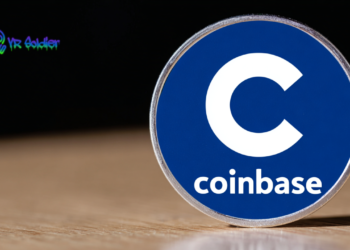No Result
View All Result
On July 19, Digital Trends criticized the decline in sales of Oculus Go and HTC Vive, thereby insinuating that virtual reality technology at large was losing its appeal. The HTC Vive team strongly refuted the report, showing its outstanding sales record.
Based on data provided by Amazon, Digital Trends claimed that the sales of Playstation VR, Samsung Gear VR, Oculus Go, and HTC VIve have plummeted, and that the demand for VR has generally dropped.
“At the time, tech experts declared that high-end PC VR had arrived. The $799 HTC Vive, built for relatively high-end PCs, had the entertainment and gaming world scrambling to develop content for the new system, and sales for the system quickly climbed to an impressive top-50 spot despite the higher price tag. Today, though, its sales rank has plummeted,” the report read, adding that consumers are “done” with virtual reality.
HTC Responds
The basis of the majority of “VR is dead” reports released in the past week expressed concerns regarding the drop in the sales of VR headsets. However, the HTC Vive team emphasized that most of the reports did not take the volatility of the production phase of VR headsets into consideration, and assumed massive amounts of VR headsets can be produced without scaling.
Companies like HTC and Samsung operate large-scale supply chains and factories to produce smartphones, laptops, TVs, and many other types of devices. Hence, it is difficult for conglomerates to allocate a large chunk of their resources to a relatively new area in VR manufacturing, and even large-scale corporations need to scale accordingly, based on market demand and consumer adoption.
Throughout July, HTC experienced the largest spike in demand for its Vive headset to date and sold out its inventory. Because the company did not have any VR headsets to sell to the public, data shown by Amazon portrayed a drop in sales when in reality, previous weeks saw an unforeseen increase in sales and HTC could no longer sell more VR headsets to focus on manufacturing.
“VIVE has paced at its highest sales velocity of all time, for weeks on end, and we sold out. For a consumer electronic product in its third calendar year, this continued trajectory is nearly unheard of. Don’t worry, though: we are ramping up production of the original VIVE and units will continue to roll out to online and retail over the coming weeks,” the HTC Vive team said.
New Technology Requires Growth Curve
As with any new technology such as the blockchain, cryptocurrency, artificial intelligence, and augmented reality, the growth of virtual reality will require a significant amount of development and improvement by developers, manufacturers, and distributors before it sees mainstream adoption.
It is inaccurate to claim that the trajectory of VR growth is in danger due to the lack of sales in the short-term triggered by a massive spike in demand, and it is certainly optimistic that companies like HTC are seeing increasing demand for VR headsets, which are still in their infancy as an emerging technology.
No Result
View All Result












